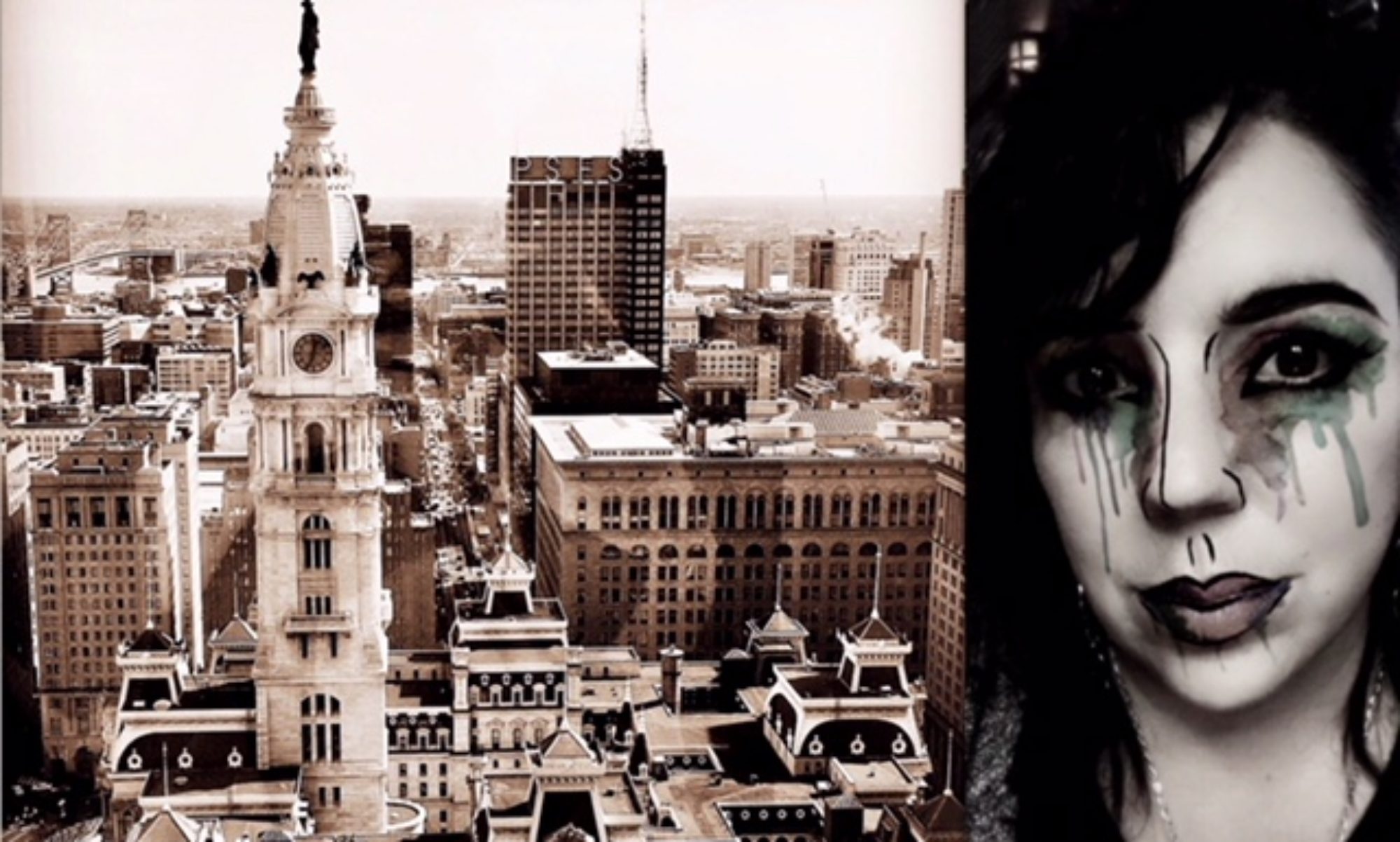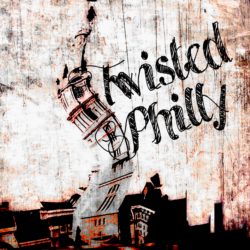Episode 83 – Originally Released August 2019
Incorporated in 1855, Mount Moriah Cemetery sat high up on a hill next to Cobbs Creek at the edge of Southwest Philadelphia. Like Laurel Hill Cemetery in the 1830s, the location of Mount Moriah was chosen for it’s distance from the busy city, the pastoral setting and beautiful views. Originally 54 acres, the cemetery grew to over 200 acres before the turn of the century. For decades Mount Moriah was a beautiful, peaceful final resting place for many Philadelphians, but gradually the cemetery was allowed to decline.
Vandalism, illegal dumping, mismanagement, and a lack of maintenance settled in at Mount Moriah Cemetery, which over time expanded to cross Cobbs Creak into Delaware County. Finally, in April 2011, without warning Mount Moriah Cemetery closed, even though they continued accepting burials up until the day they closed their gates.
Enter the Friends of Mount Moriah, a group of dedicated a group of concerned, dedicated community members who didn’t sit around waiting for someone to fix it. They were the someones. For the past 8 years the Friends of Mount Moriah have cared for the cemetery, reclaiming half of the 140 acres that remains today. Today I’m joined by Ken Smith, Friends board member and long time volunteer. He’ll share the history of their organization, their work to preserve the cemetery and it’s history, and the support they provide to people all over the country who have friends and loved ones interred at Mount Moriah.
Research sources for this episode include:
- FOMMCI – http://friendsofmountmoriahcemetery.org/
- Ken Smith, President of the Board, Friends of Mount Moriah Cemetery
- Vanishing Philadelphia: Ruins of the Quaker City by JP Webster
- What Happens When a Cemetery Dies, David Murrel for Philadelphia Magazine, 2016
- Philadelphia Inquirer Archives 1855 – 2011
- Hidden City Philadelphia
TwistedPhilly is researched, hosted, and produced by me, Deana Marie, and available biweekly wherever you listen to podcasts. Follow me on Tiktok and Instagram at twistedphilly to see many of the locations and histories I discuss in the show.
Podcast: Play in new window | Download
Subscribe: RSS

